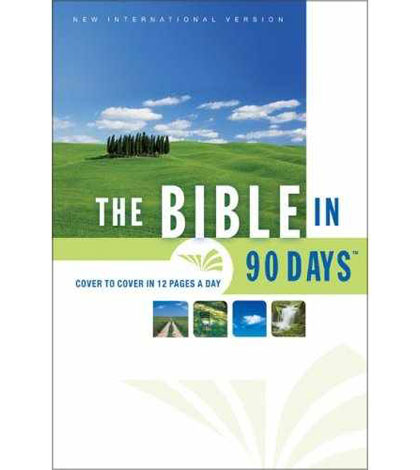Matthew, Mark, Luke, John
From the Old Testament to the New Testament
Familiarity with the subjects, from past experiences in church with sermons. What is the first thing that jumped out that was new.
What was surprising?
The genealogy with recognition of the names (of some bad people!!). Rahab, Ruth, Uriah’s wife.
Why bother with the genealogy if Joseph wasn’t the father of Jesus? Does it help “legitimize” their parentage for Jesus? The Old Testament points to Jesus being of the line of David’s line. Abraham to Joseph, and how the generations led up to Jesus being of David’s line. And if Jesus would have an earthly father, they would lead from the scriptures to the
Matthew 19:12 the scriptures around eunuchs, eunuchs made, choosing to become eunuchs. Those who can accept should, but no mention of those who cannot accept it.
Some thought John, compared to the other gospels, were in essence less strict in terms of believing. John seemed to be a little more forceful. “I am the way, no one goes through the father except through me” Conservatism vs Liberal thinking within the church.
Matthew, Mark, Luke vs John. The synoptic gospels theory: Matthew, Mark, and Luke were written from a common document. Perhaps 70% of Matthew, Mark, and Luke are telling the same stories, in slightly different ways, but they are telling the same stories. Then comes John, with the holy trinity of the Father, Son, and Holy Ghost, “the only way to heaven is through me” with John 3:16 as the “basis of Christianity”
Feeling that John is a little different. If you want, or if you desire, do it through this path…
John 7:14 Jesus Teaches at the Festival, the steps that brought him to be a leader.
Also thoughts that John has the “classics” walking on water, breaking bread, loaves and fishes
John 2: Jesus changes water to wine, almost like a parlor trick. In the other gospels it read differently during the banquet.
In John, there seemed to be more dissention against Jesus, that he seemed more of an outsider.
In John with Jesus raising Lazarus from the dead, was so serious and profound, compared to the parlor trick of changing water to wine.
John’s inclusion of stories that were not found in the other gospels. Samaritan woman, man born blind, last supper includes feet washing (no this is my body, this is my blood).
Mark was written first. What was happening around the writers of these books was also important.
Also, the books were written through the perspectives of the authors. If many people watch the same event, the recounting of the event would be told in a different way by each of them.
John is making clear he is not trying to capture everything Jesus did.
The creativity of Jesus answering questions is shown. Pharisees believed in resurrection, Sadducees do not.
In all four gospels, there is something said and it is defended, contrasted with people who say “this is the word and follow it.”
A feeling that in Matthew there are many parables about money.
Synoptics had lots of Jesus casting out demons. John didn’t have the casting out of demons in comparison.
Also the changing of names across the Gospels, the stories were retold with different names. John had more backstories behind certain stories, for example Judas controlling the money and the devil going to Judas.
Job with the examples of Satan, do the Gospels give the feeling that the devil is real? Demons being put into pigs? Demonic or the absence of God? What is the personification of evil, is there one?
Interpreting the scriptures for yourselves, which leads to their longevities. We can read and re-read them and take something away from the words in different ways.
Women in the Gospels, or the lack thereof… From the powerful women in the Old Testament to the women in the New Testament. Mary, Mary Magdalene, Elizabeth, not people who were “drawn as clearly” as women in the Old Testament.
Many women doing things for Jesus or his Disciples as supporters in servitude. The references to women are fleeting in comparison, retold in several Gospels, but still shorter stories.
Another perspective, the people who compiled the New Testament did not choose the books full of strong and powerful women, in a patriarchal way. Books recounted by males told to males.
John 19:34, a question about the piercing Jesus in the side. You can see this in most imagery of Jesus on the cross, also to keep the prophecy that His bones would not be broken.
Luke 11:34 The Lamp of the Body


